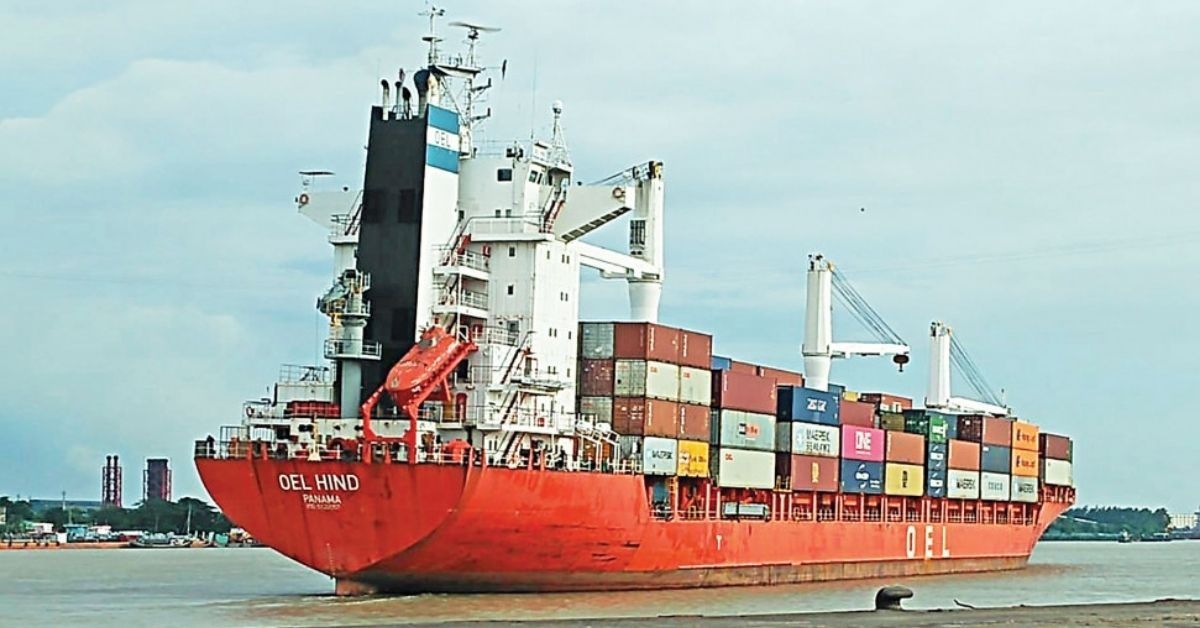According to Drewry, by the end of year 2022, the container-shipping industry will have earned a staggering half a trillion dollars of operating profit from two years of supply-chain misery. And since the global ports are still chocked for capacity and freight rates sky high, the shipping lines are also planning ,to fly high above these ports to deliver in-time. This is the reason, French container-shipping giant CMA CGM Group announced a cargo partnership with Air France-KLM, acquiring only 9% of the share in the airline. The world’s third-largest container line by capacity, having made 18 billion euros ($19 billion) of net profit last year, could afford to acquire all of Air France.
It’s an indication of how ambitions the shipping industry has grown over the years that a container liner joining forces with an airline no longer seems unusual: Mediterranean Shipping Co. is angling to acquire a controlling stake in Italian flag carrier ITA Airways, while the billionaire principal shareholder of Germany’s Hapag Lloyd, Klaus-Micheal Kuehne, has built a 10% stake in Lufthansa AG. In addition to expanding its own air-cargo fleet, Maersk agreed to acquire air-freight forwarding specialist Senator International in November. From ports, to warehouses, last-mile delivery, these shipping giants are potentially controlling each and every stage of the logistics supply chain under the guise of vertical integration.







